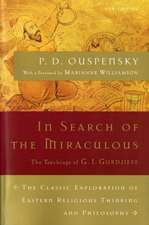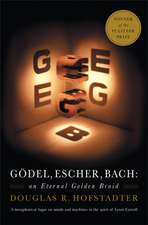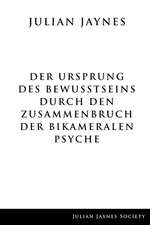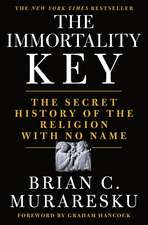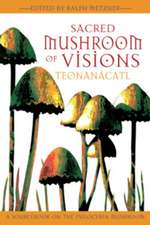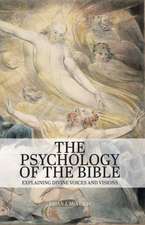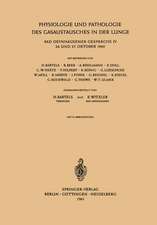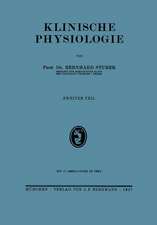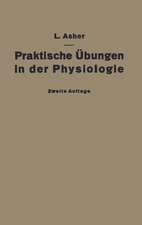The Origin Of Consciousness In The Breakdown Of The Bicameral Mind
Autor Julian Jaynesen Limba Engleză Paperback – 14 aug 2000
Preț: 139.67 lei
Preț vechi: 147.02 lei
-5% Nou
Puncte Express: 210
Preț estimativ în valută:
26.73€ • 28.58$ • 22.28£
26.73€ • 28.58$ • 22.28£
Carte disponibilă
Livrare economică 28 martie-11 aprilie
Livrare express 13-19 martie pentru 70.88 lei
Preluare comenzi: 021 569.72.76
Specificații
ISBN-13: 9780618057078
ISBN-10: 0618057072
Pagini: 512
Dimensiuni: 152 x 229 x 32 mm
Greutate: 0.52 kg
Editura: HarperCollins Publishers
Colecția Mariner Books
Locul publicării:United States
ISBN-10: 0618057072
Pagini: 512
Dimensiuni: 152 x 229 x 32 mm
Greutate: 0.52 kg
Editura: HarperCollins Publishers
Colecția Mariner Books
Locul publicării:United States
Recenzii
"When Julian Jaynes . . . speculates that until late in the twentieth millennium b.c. men had no consciousness but were automatically obeying the voices of the gods, we are astounded but compelled to follow this remarkable thesis." -- John Updike The New Yorker —
Descriere
At the heart of this classic, seminal book is Julian Jaynes's still-controversial thesis that human consciousness did not begin far back in animal evolution but instead is a learned process that came about only three thousand years ago and is still developing. The implications of this revolutionary scientific paradigm extend into virtually every aspect of our psychology, our history and culture, our religion -- and indeed our future.
Notă biografică
JULIAN JAYNES (1920-1997) was a researcher in psychology at Yale and Princeton, who achieved an almost cult-like reputation for the controversial book, The Origin of Consciousness in the Breakdown of the Bicameral Mind, which was his only published work.










